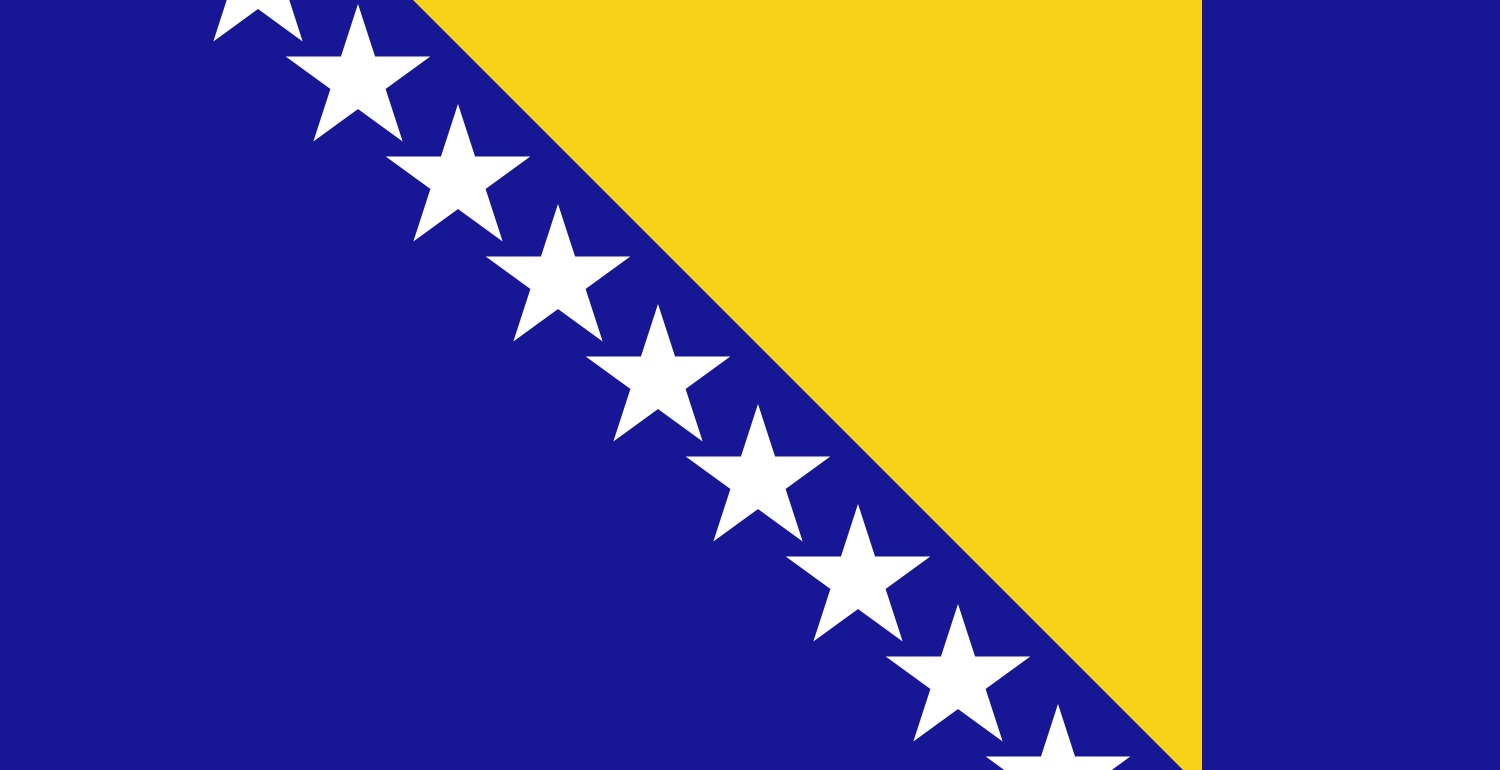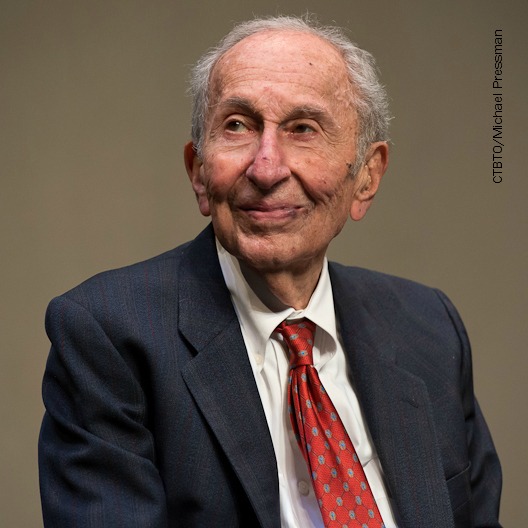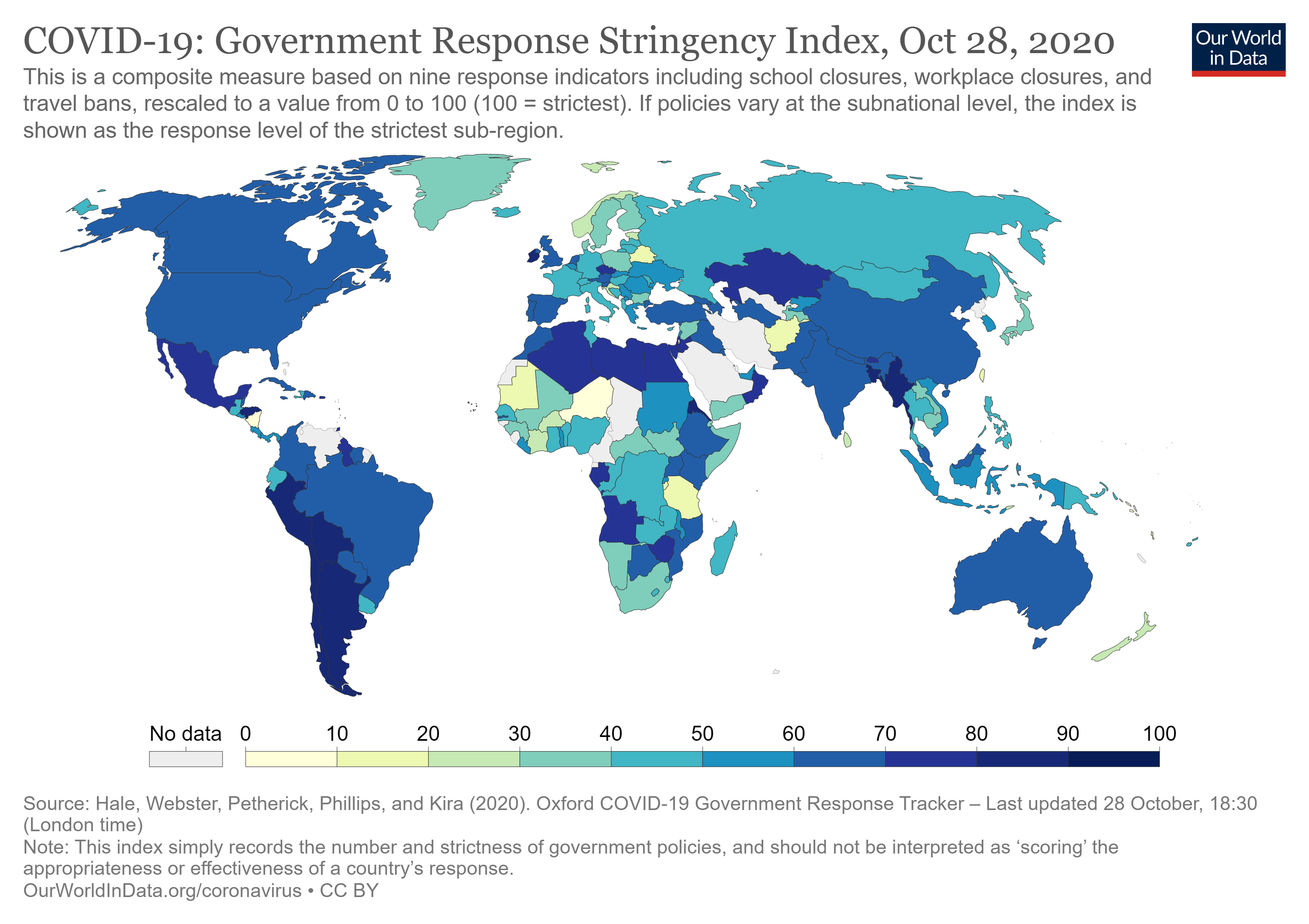Samuel Wise, international policy director of the Commission, addressed the political setting in Bosnia before elections in 1995 and the possibility of having a free and fair environment, especially in regards to human rights like freedom of movement, freedom of expression, and freedom of association.
The briefing focused on Banja Luka, the second largest city in Bosnia-Herzegovina that is located in the northwest. Since the beginning of the Bosnian conflict, the city was firmly in the hands of the Bosnian Serb rebels until the Dayton Accords placed the city in the Republika Srpska, the newly created Serbian republic. The city and the region surrounding it had a significant non-Serb population (Bosniacs or Muslim Slavs, Croats, Ukrainians, and ethnically mixed Yugoslavs), which was ethnically cleansed on behalf of the Serbian government. While some instances of ethnic cleansing there took the form of subtle measures, the most notorious concentration camps, including Omarska, were in the Banja Luka region.
The witnesses – Catholic Bishop of Banja Luka Franjo Komarica, Obrad Kesic from the International Research and Exchanges Board, and Diane Paul, a nurse from Baltimore – discussed the city as a scene of apparent differences among Serb political activists with highly divergent points of view. They emphasized that Bosnia’s future hinged on whether moderates or radicals won in the elections in that region.





